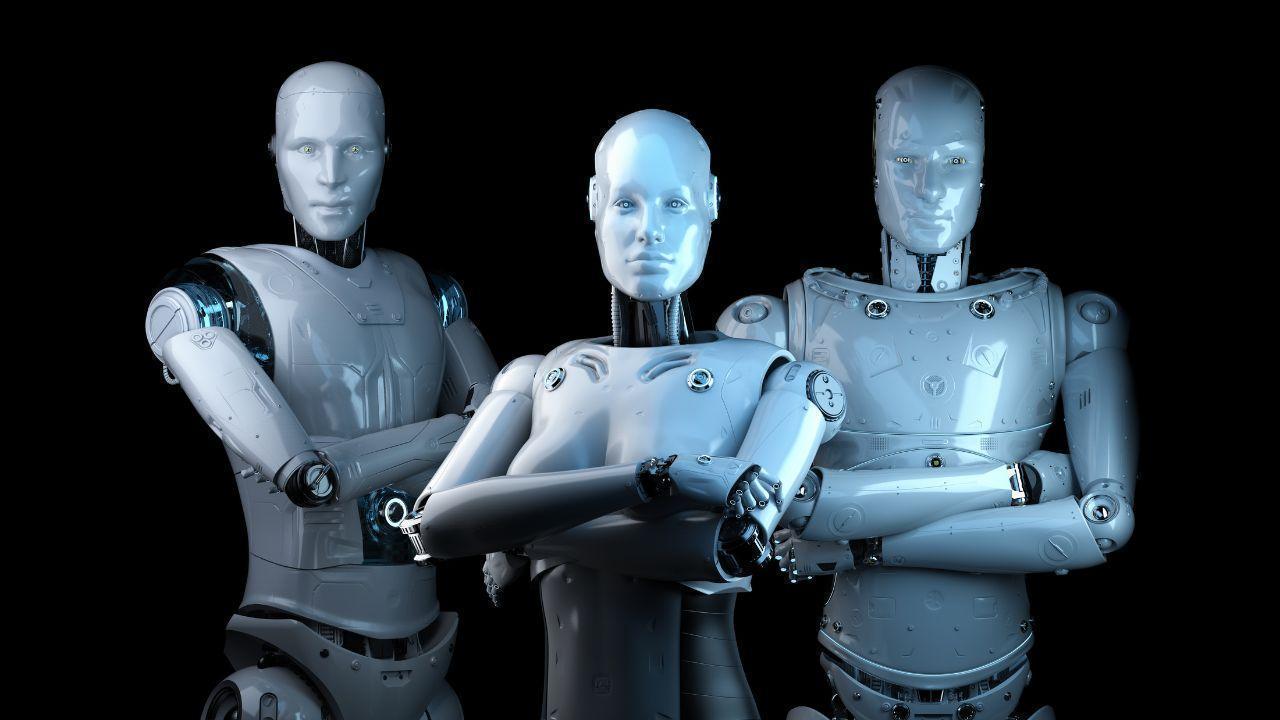
Post by : Vansh Kumar
Artificial Intelligence (AI) has rapidly evolved from a futuristic concept to a tangible force shaping our present and future. The age of AI is characterized by unprecedented technological advancements, redefining industries, transforming societies, and enhancing human experiences. Understanding the implications of artificial intelligence and the tools driving this revolution is crucial for individuals, businesses, and governments seeking to navigate the intelligent future.
AI is no longer confined to laboratories or theoretical models. Today, AI technology encompasses machine learning, deep learning, natural language processing, and robotics. These systems can analyze massive datasets, recognize patterns, predict outcomes, and even learn autonomously. This progress has enabled machine minds to perform tasks that were previously the exclusive domain of humans, such as diagnosing diseases, making financial predictions, or driving autonomous vehicles.
The expansion of AI is not just technological—it’s societal. The integration of intelligent systems is influencing decision-making, reshaping job roles, and altering how we interact with the digital and physical world. The AI revolution is ushering in an era where human ingenuity and machine intelligence work hand in hand to solve complex problems.
The influence of AI in daily life is evident in numerous applications. Virtual assistants like Siri, Alexa, and Google Assistant rely on artificial intelligence to interpret commands, manage tasks, and provide personalized recommendations. Streaming platforms, online retailers, and social media services use AI algorithms to tailor content, optimize user experiences, and enhance engagement.
Healthcare has also seen transformative change with AI. Diagnostic tools powered by machine learning detect illnesses early, predict disease progression, and recommend personalized treatment plans. Telemedicine platforms utilize AI to monitor patients remotely, ensuring timely interventions and better care outcomes. These applications exemplify how AI technology is enhancing both convenience and critical decision-making in everyday life.
The age of AI is redefining industries across the globe:
Finance: Banks and fintech companies employ AI to detect fraudulent activity, analyze market trends, and provide personalized financial advice. Predictive analytics and automated trading systems enhance efficiency and decision-making.
Manufacturing: AI-powered robots, predictive maintenance, and intelligent quality control systems optimize production, reduce errors, and improve operational efficiency.
Education: Digital learning platforms use AI to adapt lessons to individual students, analyze performance, and provide real-time feedback. This creates a more personalized and effective learning experience.
Retail: AI algorithms forecast consumer demand, optimize inventory, and deliver personalized shopping experiences, enhancing both customer satisfaction and business profitability.
By integrating machine minds, businesses can innovate faster, reduce operational inefficiencies, and provide smarter, data-driven services to their clients.
As AI continues to grow, ethical and societal challenges must be addressed. Issues such as algorithmic bias, data privacy, security, and workforce displacement require careful consideration. Ensuring that AI systems are transparent, accountable, and aligned with human values is essential.
Policymakers, technologists, and society must work together to establish ethical frameworks that guide the responsible deployment of AI. By doing so, artificial intelligence can augment human potential without compromising fairness, privacy, or societal well-being.
AI is revolutionizing scientific research and technological innovation. In healthcare, AI accelerates drug discovery and predicts treatment outcomes. In climate science, AI models simulate environmental changes, predict natural disasters, and optimize energy use. In space exploration, AI analyzes astronomical data, identifies patterns, and supports mission planning.
Machine minds are enabling breakthroughs across fields, empowering humans to tackle challenges that were previously insurmountable. The ability of AI to process vast datasets and generate actionable insights is transforming research, discovery, and innovation worldwide.
Despite its vast potential, AI faces several challenges. Data quality is critical; biased or incomplete datasets can lead to inaccurate predictions or unfair outcomes. AI systems also require significant computational resources, which can be costly and environmentally demanding.
Human factors are equally important. Organizations must invest in training, education, and awareness to ensure that AI is effectively adopted and integrated. Understanding both the capabilities and limitations of AI is key to leveraging its full potential while mitigating risks.
The future is undeniably intelligent. Emerging technologies such as generative AI, edge computing, and quantum AI will enhance decision-making, automation, and predictive capabilities. As AI technology evolves, collaboration between humans and machines will become seamless, combining human creativity, empathy, and judgment with AI’s computational power.
Education and professional training will play a crucial role in preparing individuals for an AI-driven future. By equipping people with the skills needed to work alongside intelligent systems, society can harness the power of AI responsibly and effectively.
This article is intended for informational and educational purposes only. It explores the impact and applications of artificial intelligence in various sectors. Readers are encouraged to verify information and seek professional guidance as needed. GCC news network is not responsible for any decisions or actions taken based on this content.
#trending #latest #ArtificialIntelligence #AIRevolution #FutureOfAI #SmartTechnology #AIInnovation #IntelligentFuture #AIInAction #TechTransformation #AITrends #DigitalIntelligence #GCCNews #GCCUpdates #GCCTech #GCCInnovation #ArabWorldNews #GCCTrends #DigitalGCC #GCCBusiness #GCCFuture #GCCTechnology #GCCInsights
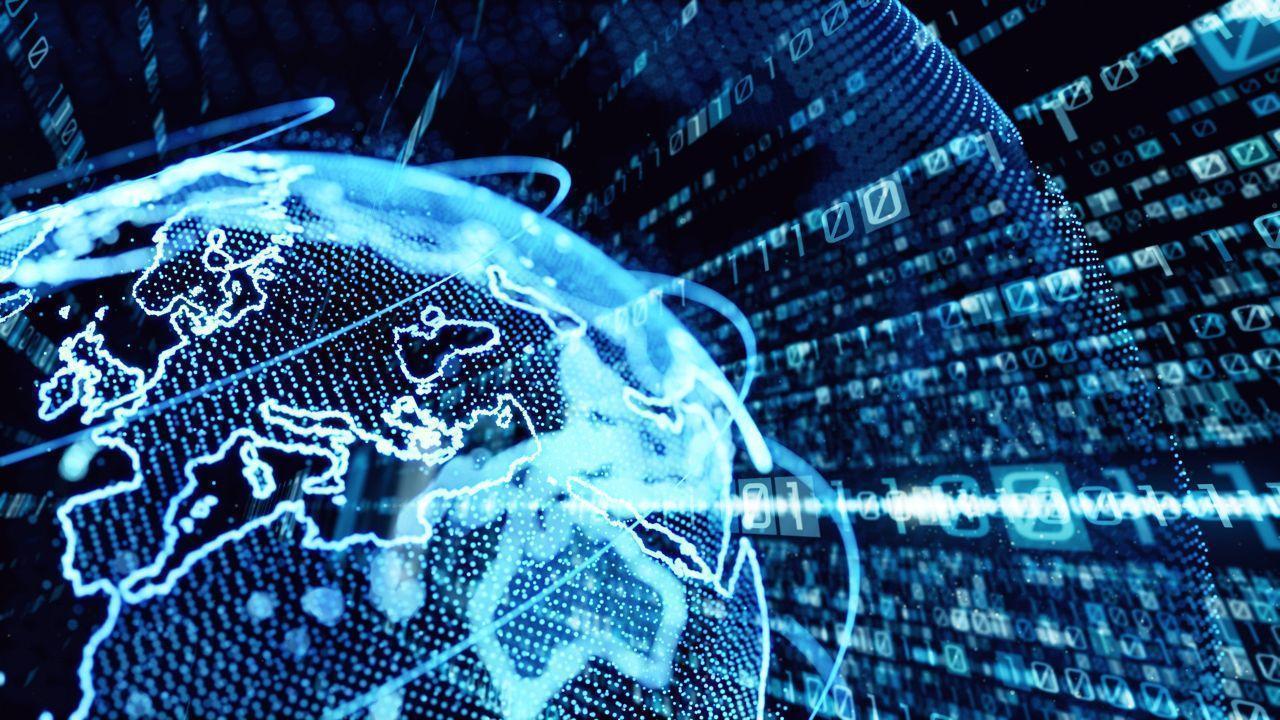
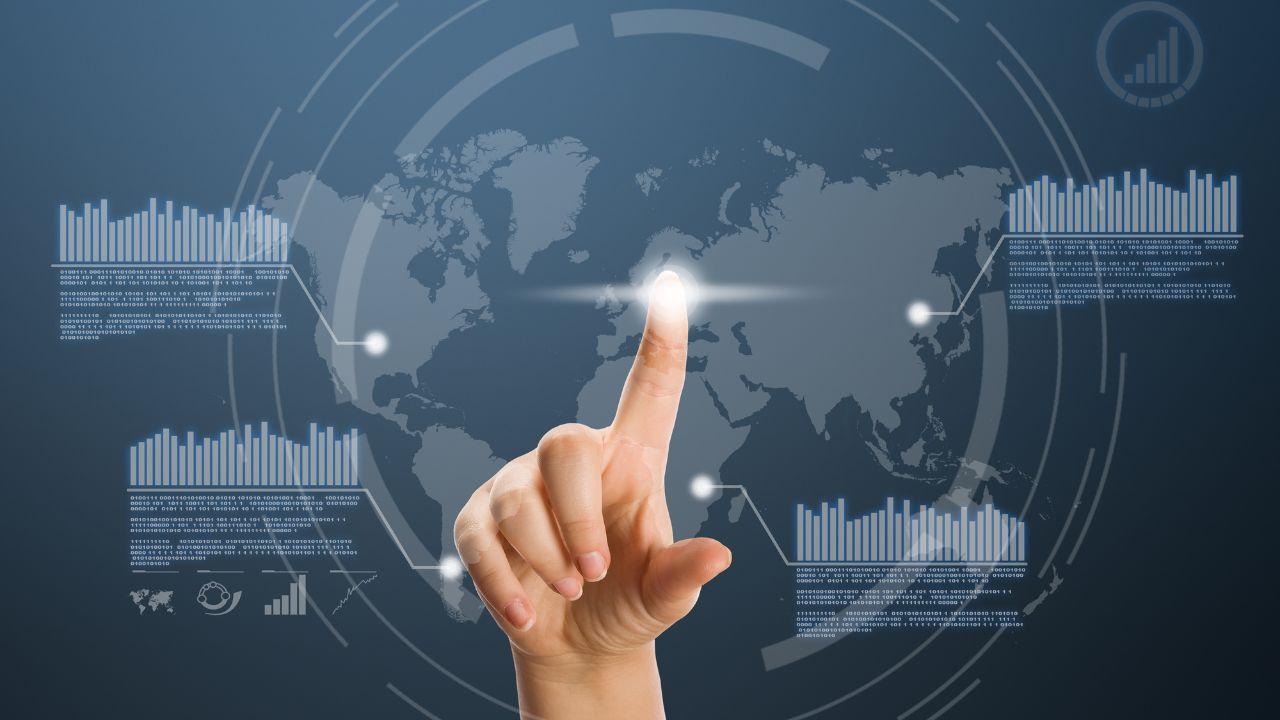

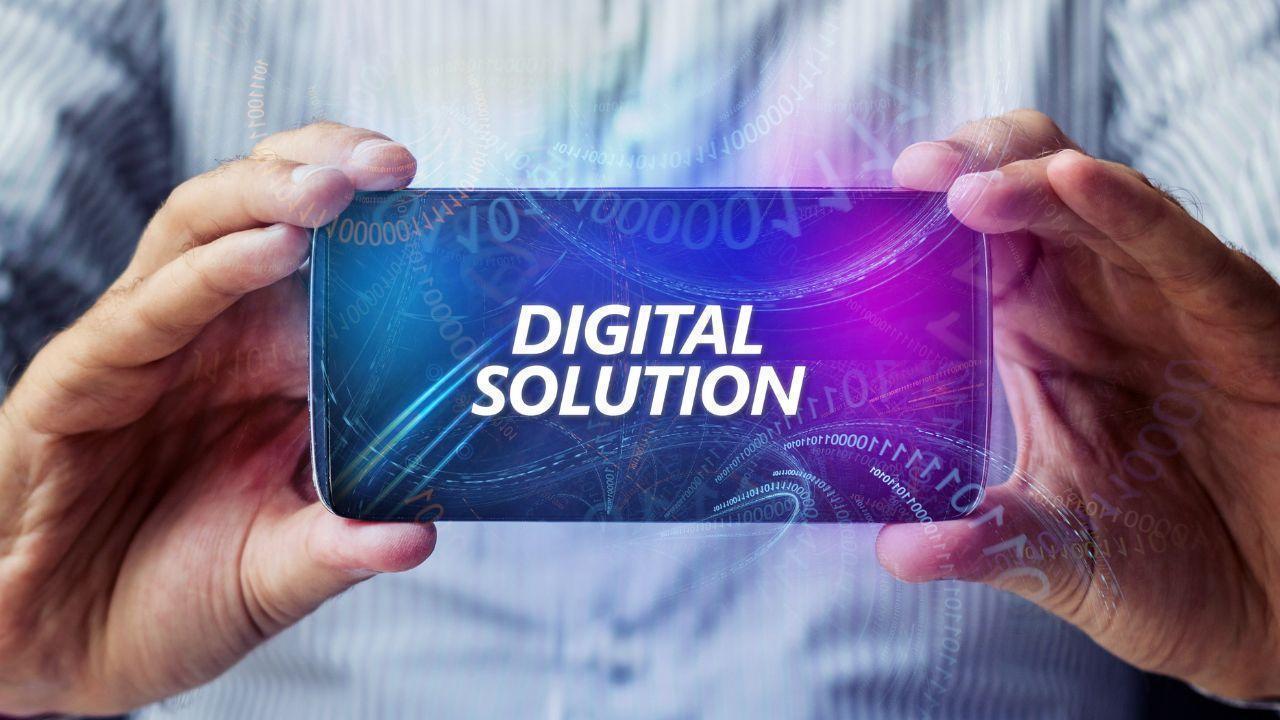





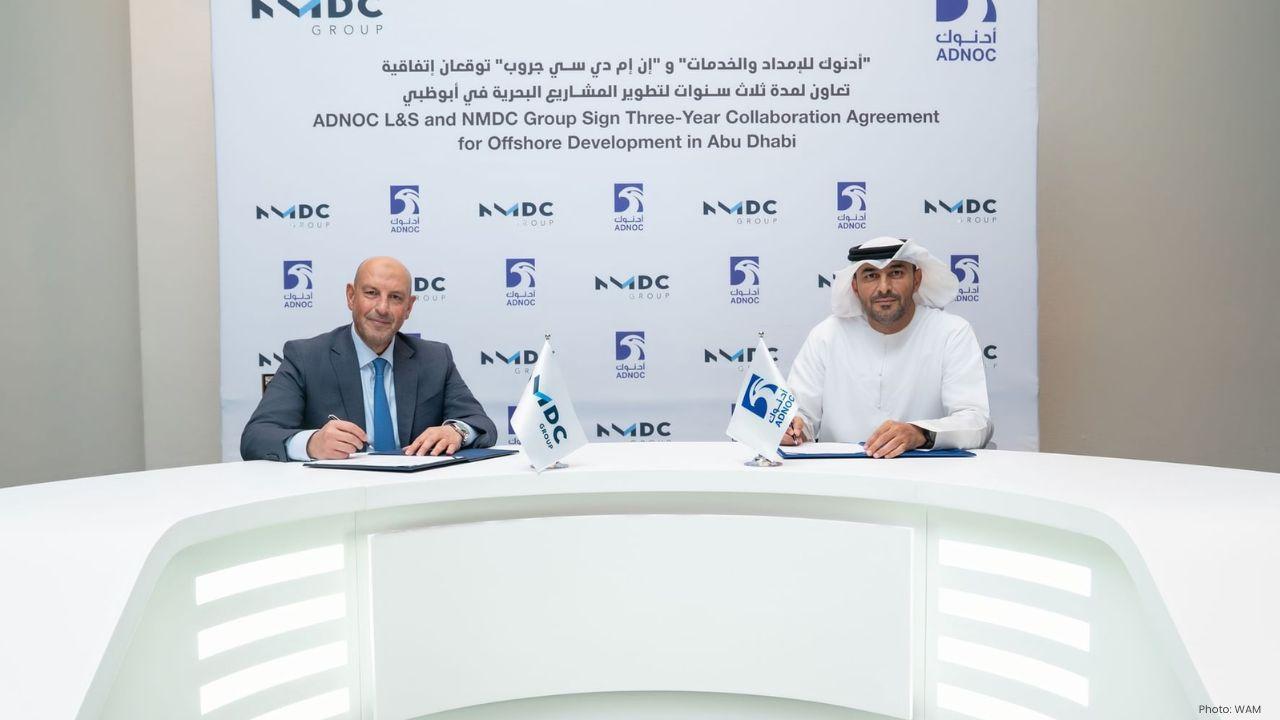
NMDC Group And ADNOC L&S Sign Three-Year Deal For Offshore Work
NMDC Group and ADNOC Logistics & Services sign a three-year deal to deliver maritime services for of

Six Miners Trapped After Earthquake Hits Coal Mine In China
A mining-related earthquake struck a coal mine in Heilongjiang, China, trapping six miners undergrou

Train Collides With Bus In Mexico Killing 10 And Injuring Many
At least 10 dead and 41 injured after a train hit a bus at a rail crossing in Mexico. Authorities co

UAE Olympic Football Team Qualifies For AFC U-23 Asian Cup Finals
UAE Olympic football team qualifies for AFC U-23 Asian Cup finals in Saudi Arabia despite 3-2 loss t

Apple Launches iPhone Air With Thinnest Design & Pro Performance
Apple unveils the new iPhone Air, its thinnest model with pro performance, multiple colors, large st

Al Wakrah Wins French Arabian Breeders’ Challenge Sprint Again
Al Wakrah, trained by Jean de Mieulle, wins French Arabian Breeders’ Challenge Sprint in France, mar